Historical Dictionary
of Canada
Second Edition
Barry M. Gough

The Scarecrow Press, Inc.
Lanham Toronto Plymouth, UK
2011
Published by Scarecrow Press, Inc.
A wholly owned subsidiary of The Rowman & Littlefield Publishing Group, Inc.
4501 Forbes Boulevard, Suite 200, Lanham, Maryland 20706
http://www.scarecrowpress.com
Estover Road, Plymouth PL6 7PY, United Kingdom
Copyright 2011 by Barry M. Gough
All rights reserved. No part of this book may be reproduced in any form or by any electronic or mechanical means, including information storage and retrieval systems, without written permission from the publisher, except by a reviewer who may quote passages in a review.
British Library Cataloguing in Publication Information Available
Library of Congress Cataloging-in-Publication Data
Gough, Barry M.
Historical dictionary of Canada / Barry M. Gough. 2nd ed.
p. cm.
Includes bibliographical references.
ISBN 978-0-8108-5496-3 (cloth : alk. paper) ISBN 978-0-8108-7504-3 (ebook)
1. CanadaHistoryDictionaries. I. Title.
F1026.G69 2011
971.003--dc22
2010022542
 The paper used in this publication meets the minimum requirements of
The paper used in this publication meets the minimum requirements of
American National Standard for Information SciencesPermanence of Paper
for Printed Library Materials, ANSI/NISO Z39.48-1992.
Printed in the United States of America
To the memory of Robin W. Winks,
American scholar extraordinaire of Canada.
Editors Foreword
It is easy to get the wrong impression about Canada. A new country. Perhaps compared to some in Asia and Europe. But it was first discovered more than 1,000 years ago, and then again about 500 years ago, and was gradually colonized and settled by outsiders for four centuries. However, before that, there were the native peoples, some of whom remain. Empty. True, the present population is small for such a big place, but many are concentrated in large, modern cities and most are urbanized. A rather simple, homogeneous entity. Hardly, for the population, despite any melting-pot effect, is rather heterogeneous and the provinces maintain considerable autonomy, some actually demanding more and one still hankering for independence. A geographical appendage of its powerful southern neighbor, the United States. Despite very close economic and other links, Canadians usually go their own way and have created a strikingly different society.
Canada is a very complex, and intriguing, nation that certainly deserves to be better known by foreigners and probably Canadians as well. That is the purpose of this second edition of the Historical Dictionary of Canada . It presents the country, traces its history, takes a good look at the current situation, and offers some insight into the future. It does so through concise and informative entries on significant persons, places, events, institutions, and ethnic groupings. Other entries deal with important political, economic, social, and cultural aspects. The broader context is provided by an insightful introduction, and the centuries-long history is traced in the chronology. Admittedly, this book can only go so far. But it is a particularly good starting point because of a comprehensive and intelligently structured bibliography that can easily direct readers toward whatever subject might interest them.
To write such a book, it is obviously necessary to know Canada well. That first requirement is amply met by the author, Barry M. Gough, who has spent many decades studying Canadian history and politics and visiting different parts of the country. It is even more important to develop a knack for explaining Canada to others, which Dr. Gough has done during a long stint as professor of history and Canadian studies at Wilfrid Laurier University in Waterloo, Ontario, and as a guest professor at various other universities. In addition to lecturing, he has written half a dozen books on Canadas history as well as numerous shorter works. Before retirement, he also held important posts in the academic world, including president of the Organization for the History of Canada. This has given him more than enough opportunities to explain Canada to foreigners, and also to Canadians, which might actually be harder. In this edition, Dr. Gough takes on an even broader and more varied range of subjects of interest to both publics and acquits himself very well.
Jon Woronoff
Series Editor
Preface
The history of Canada is much more than that of the nation state: it is a complicated set of intersecting or sometimes parallel stories. For that reason, any attempt to grasp the essentials of the countrys national history as well as its component parts, peoples, races, and ethnicities needs be approached with caution and even trepidation. This second edition of Historical Dictionary of Canada reinforces the above in spades, for contrary to the hopes and expectations of many Canadians and Canada watchers that the country would become more unified, the plurality or varieties of national human experience continue.
As a subject of study, Canada presents undiminished opportunities for the historian of whatever inclination or desireexcept, perhaps, tropical affairs. The same prospect faces the student of history: a country as vast, diverse, and ever changing as this offers near limitless possibilities for examination and reflection. Far from being dull or irrelevant, Canadas history remains most promising for the study of racial accord, native affairs, federalism, regional diversity, economic challenges, patronage, religions, cultures (indigenous and transplanted), multiculturalism, immigration policies, social welfare experimentation, and nation building. In large measure, it must be said that Canadas is not a recent history and that each generation seems to prepare its own guides to national history and historical literature. Almost without fail I have attempted to keep this a modern study, with emphasis on the era since 1867 and particularly since 1914.
That Canadas history is so little known beyond Canadas boundaries cannot be blamed on the rest of the world alone. Although it is true that Canadians have failed to broadcast the nuances of their remarkable (if complex) history, it is also true that not until the mid-1970s and the T.H.B. Symons report To Know Ourselves: The Report of the Commission on Canadian Studies (1975) did Canadian history become acknowledged as a fundamental requirement for a Canadian university undergraduate history degree. Most practicing historians of my age took few Canadian history courses, for they were nonexistent. We now look with envy at the rich, varied backgrounds that our younger colleagues bring with such passion to classrooms and seminars. These new-age time bandits are opening to public view hitherto closed documents and are broadening our vistas as they reveal the complexities of the past. They are aided by the wizardry of Web searches.
The fact of the matter is that our current age has had to frame a national history on the foundations of a very few scholars pioneering endeavors. I acknowledge the work of some of the past masters of the Canadian history profession: Donald Grant Creighton, Harold Adams Innis, Gustav Lanctot, John Bartlett Brebner, W. L. Morton, C. P. Stacey, Michel Brunet, W. S. McNutt, Morris Zaslow, A.R.M. Lower, and Margaret Ormsby. They established a national history based on a wide-ranging consensus that attempted to explain the national experience. It would take another generation after them, and those who immediately followed them, to pull down accepted remnants of the national historical edifice and in place build a new history characterized by region and class, and when that had virtually run its course, by gender, race, and ethnicity. Contemporary historians of Canada continue to face the same problem: how to balance specific subjects with the vital necessity of recounting and explaining the national experience. The remarkable shift of the historiography away from the national theme has brought many new studies into the enlarging appreciation of readers of Canadian history. Now, greater understanding is available about ethnicity, family history, women, children, multiculturalism, class, labor, and culture. Not a few authors who have constructed national histories of Canada have found that their overabiding attention to the subthemes has obliged them, in subsequent editions of their work (and in answer to their critics), to address the national themes, the national story.

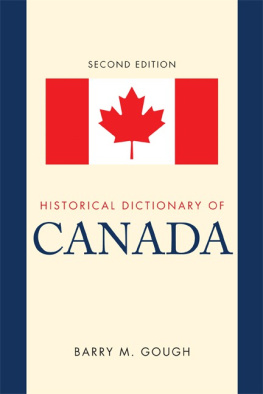
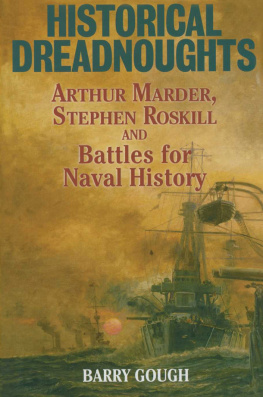
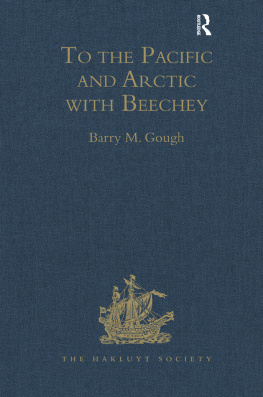

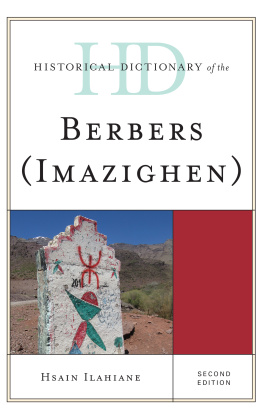
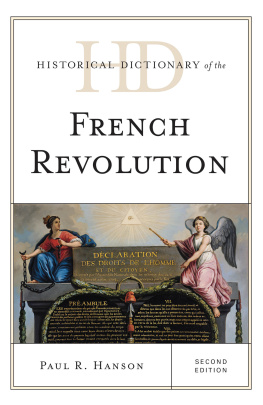
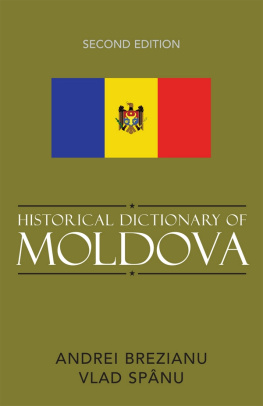
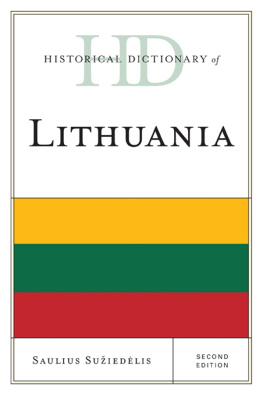

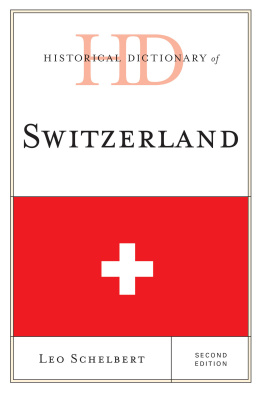
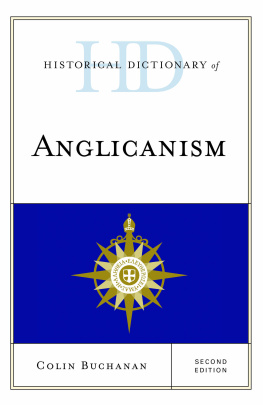
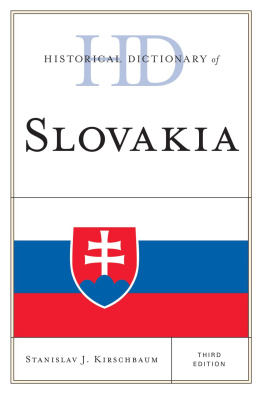
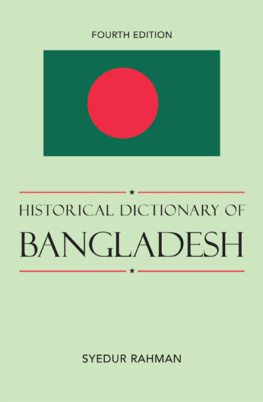
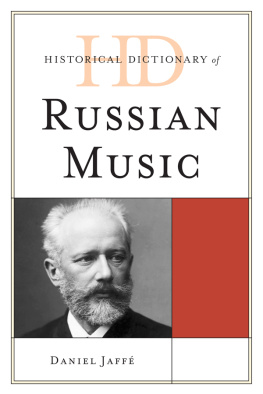
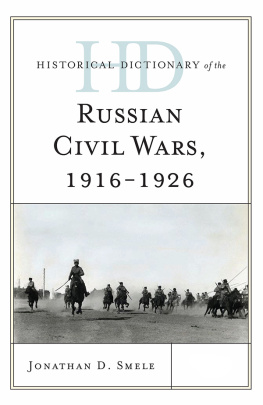
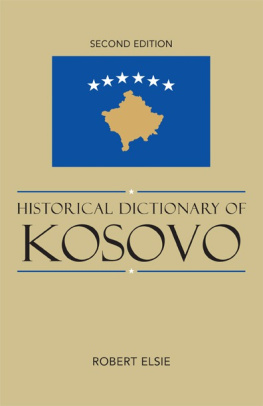

 The paper used in this publication meets the minimum requirements of
The paper used in this publication meets the minimum requirements of